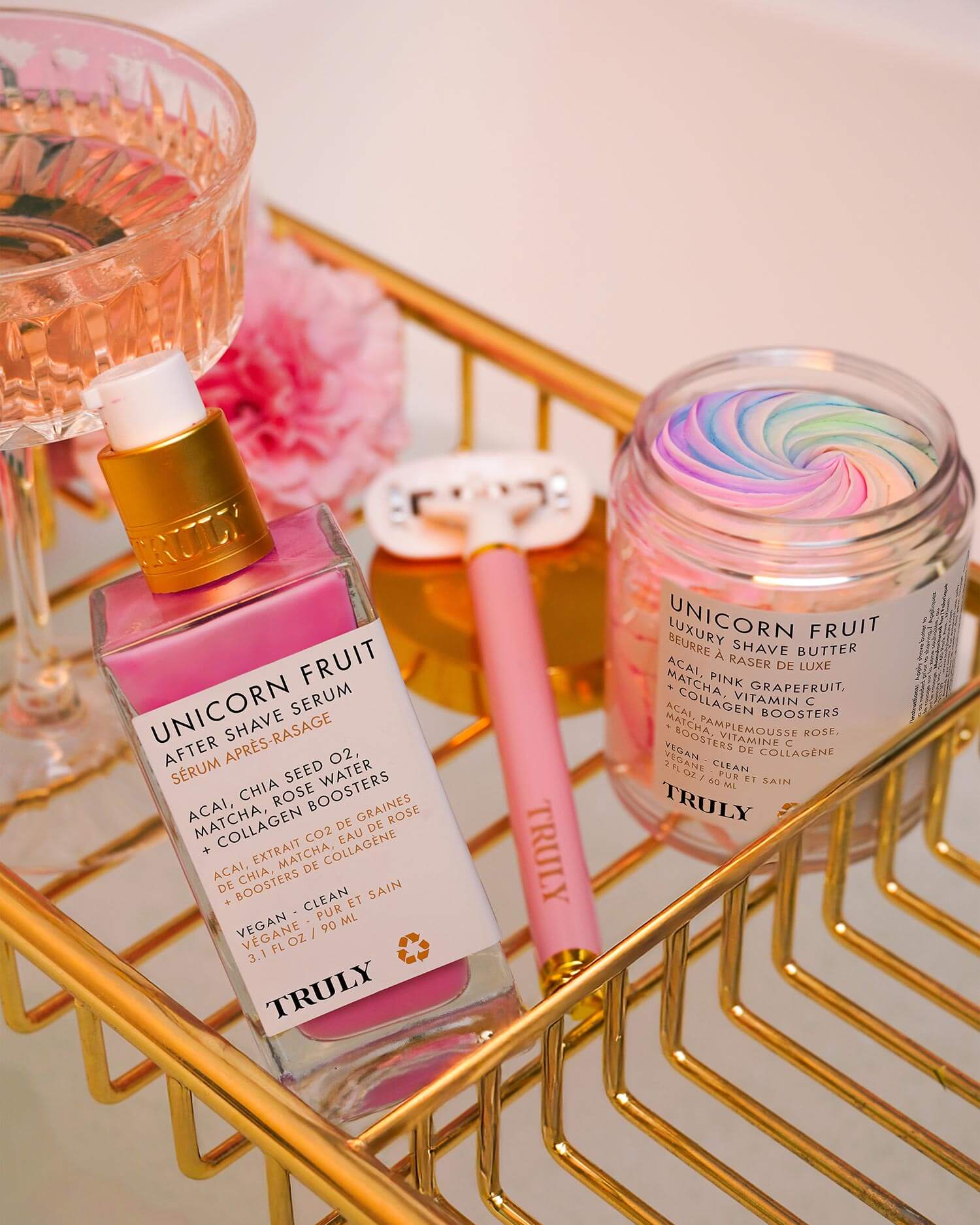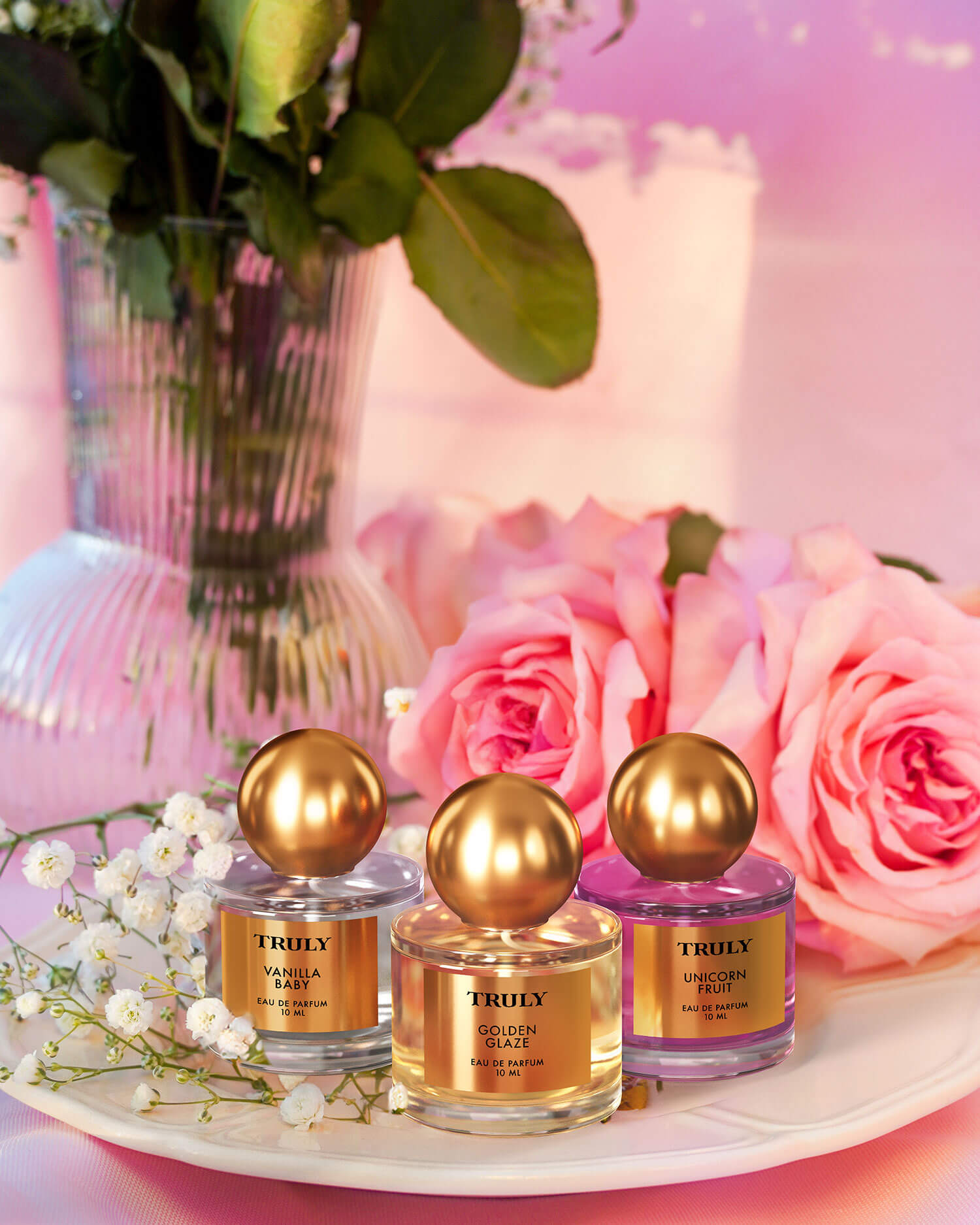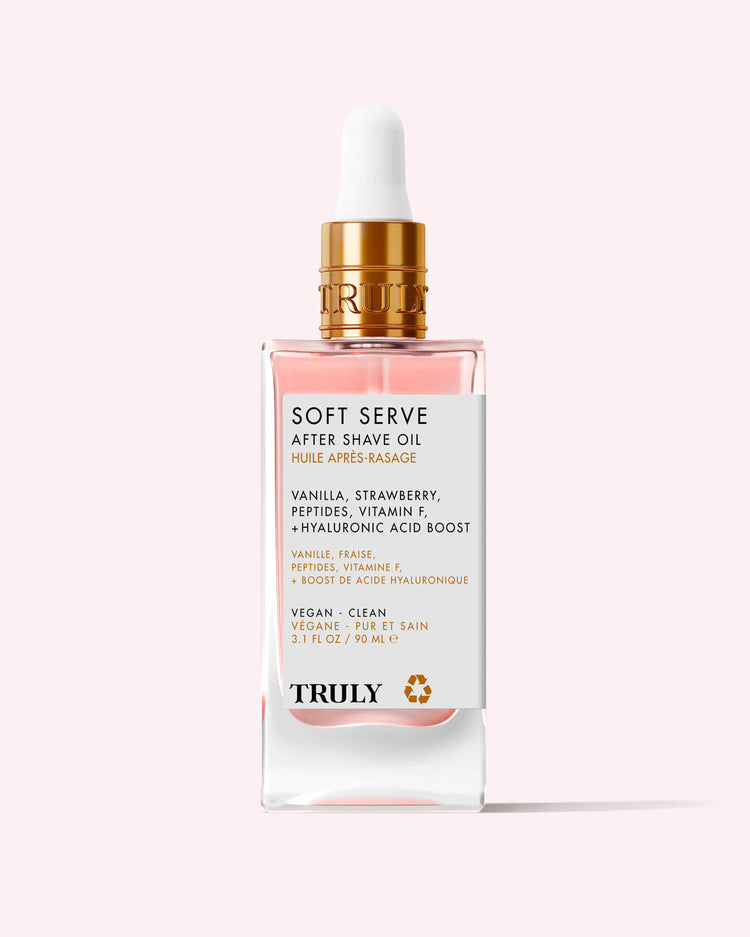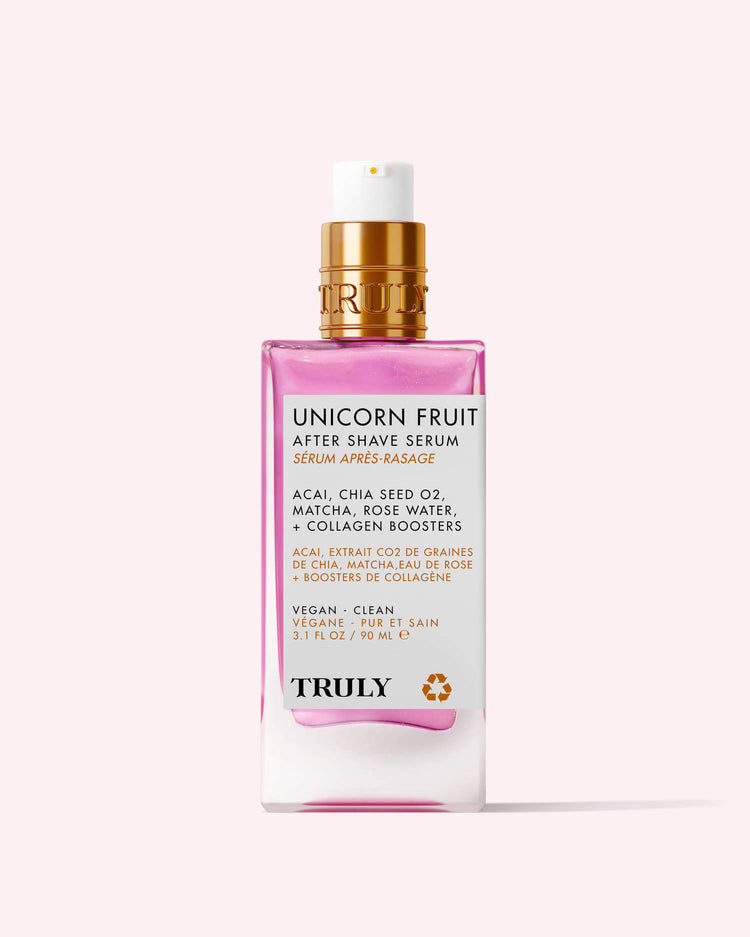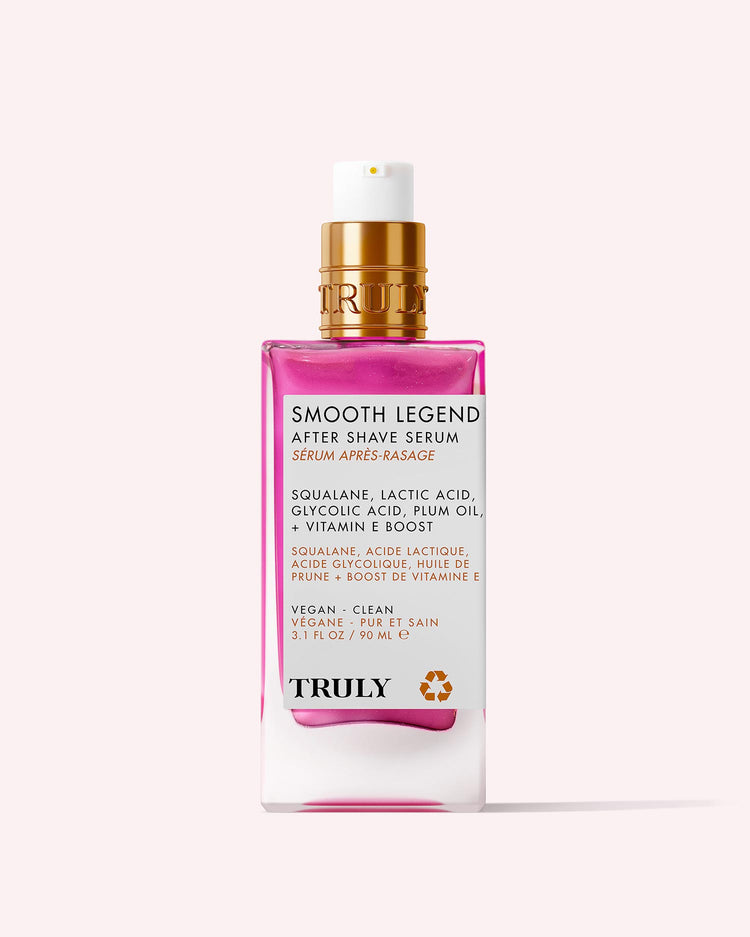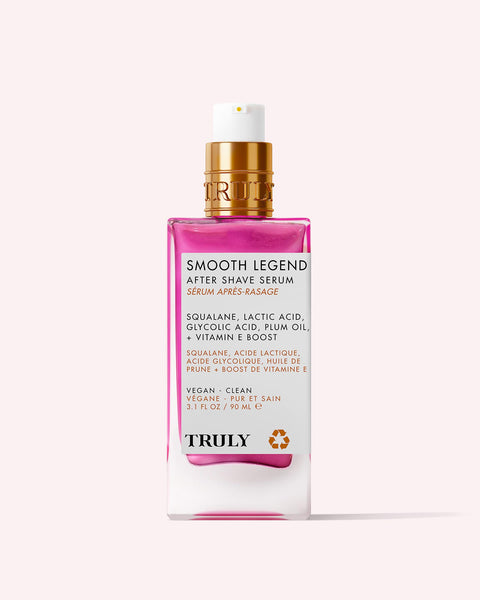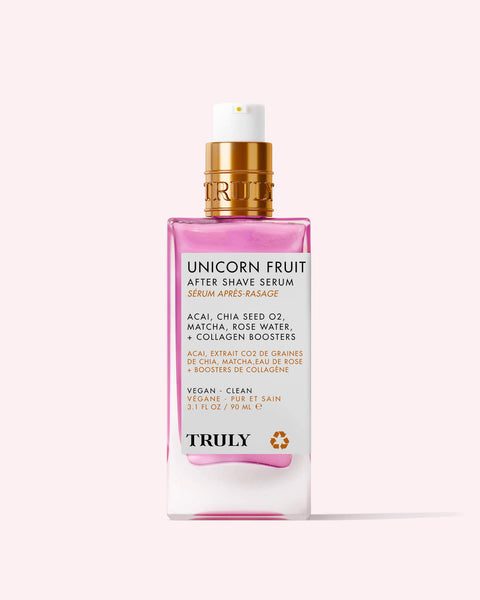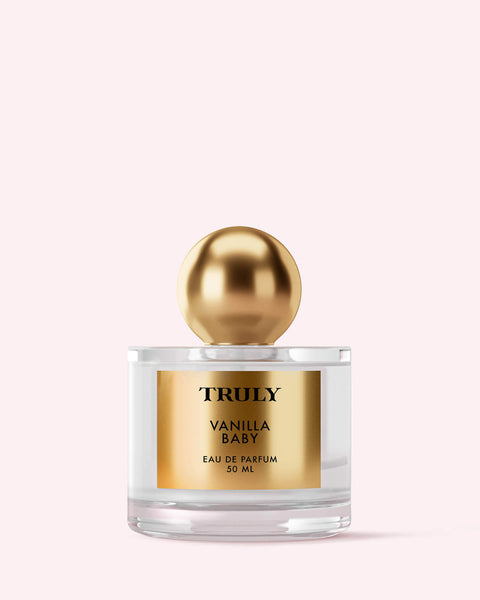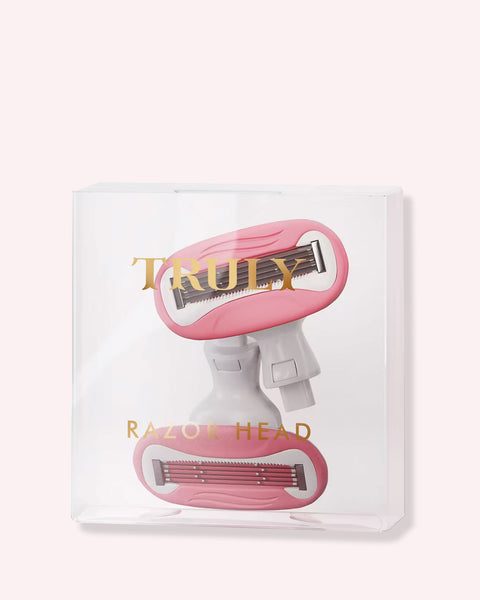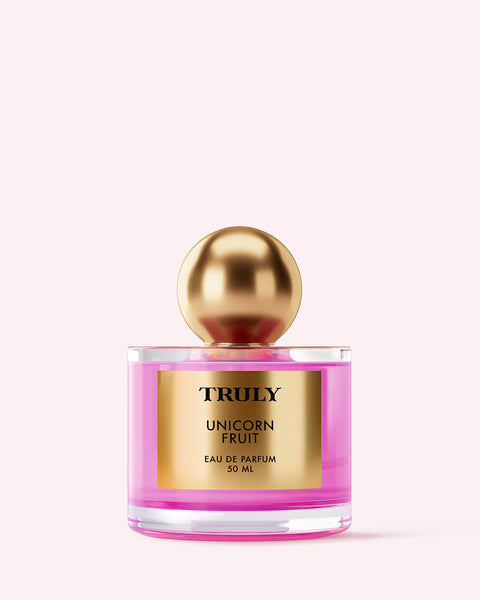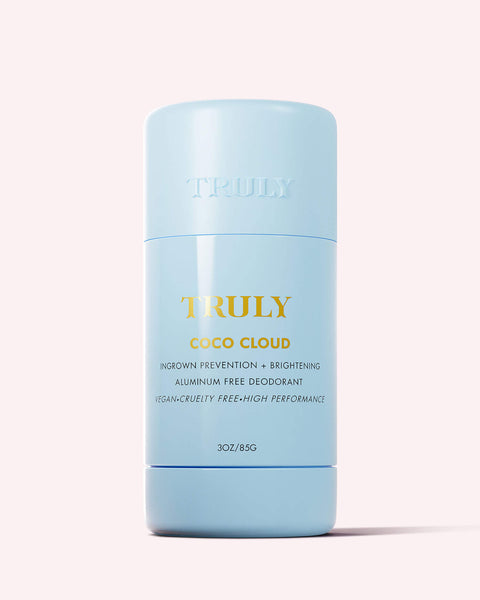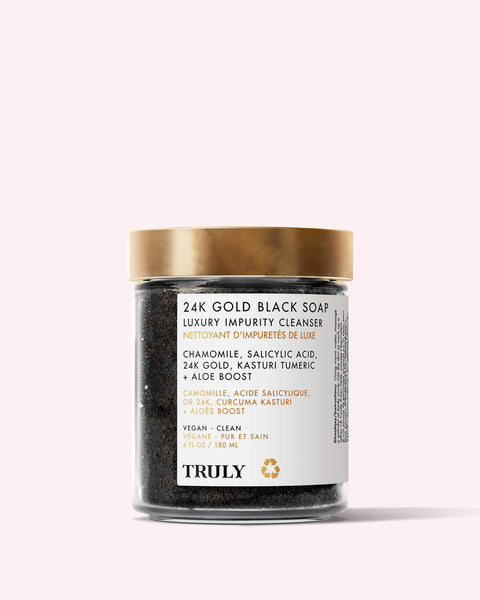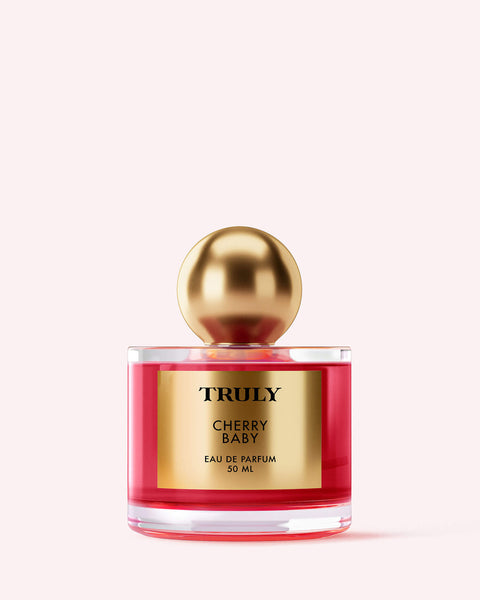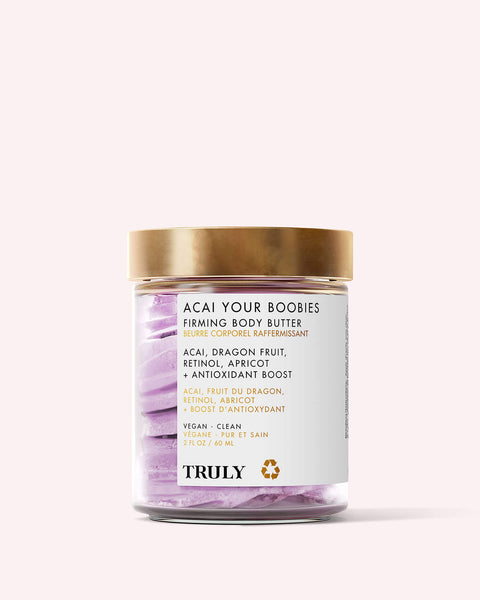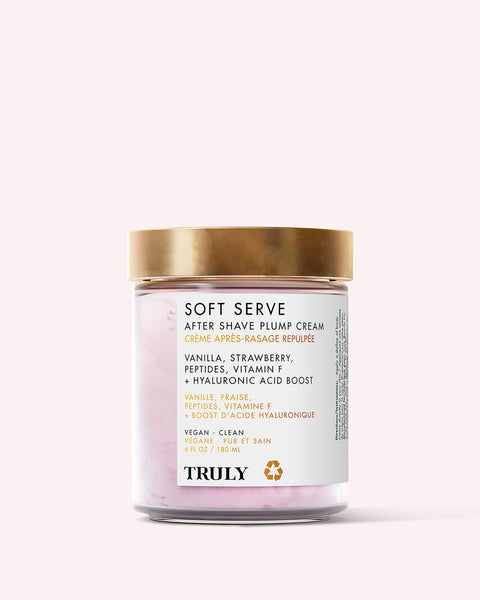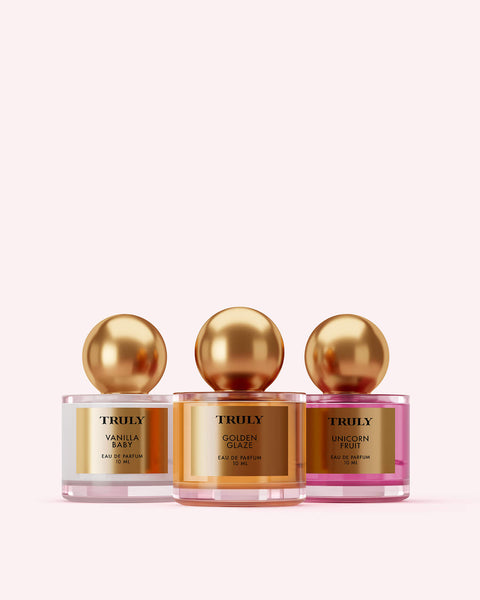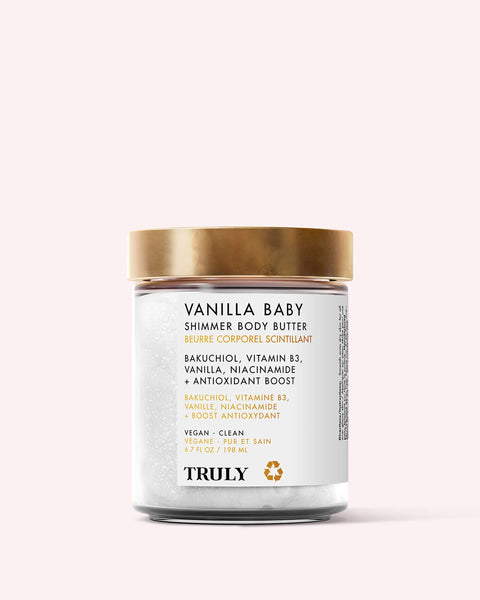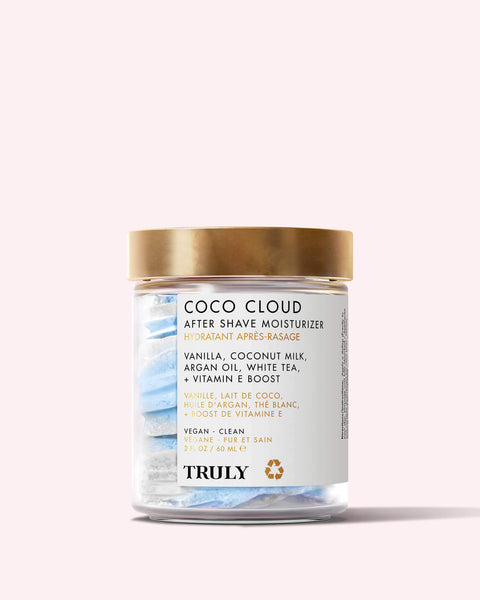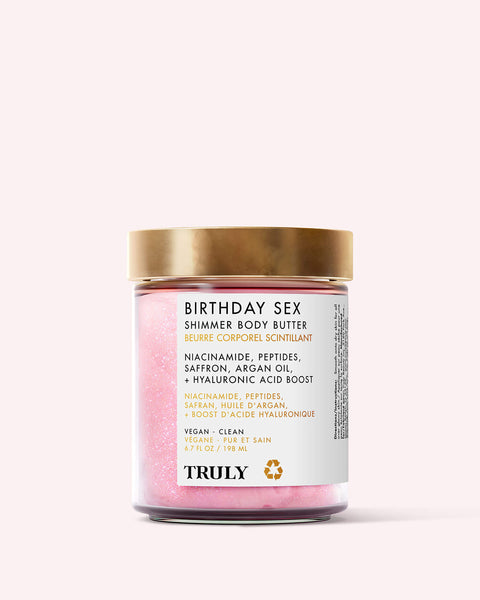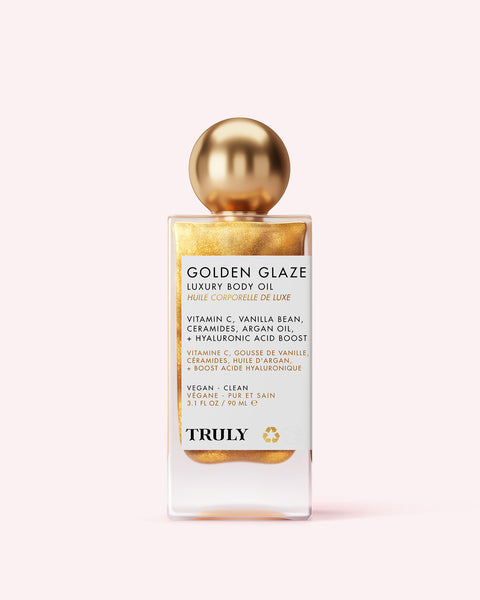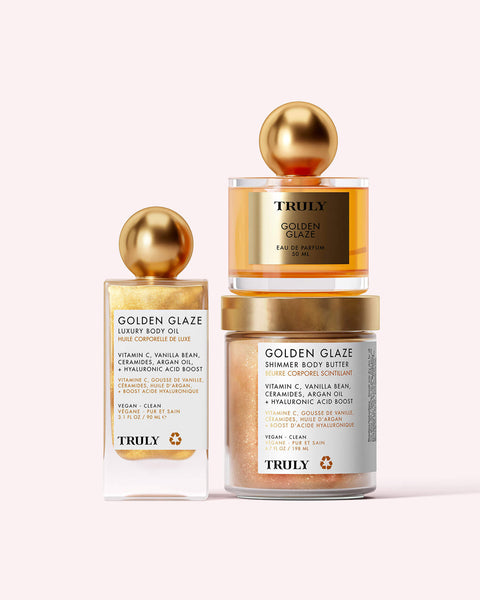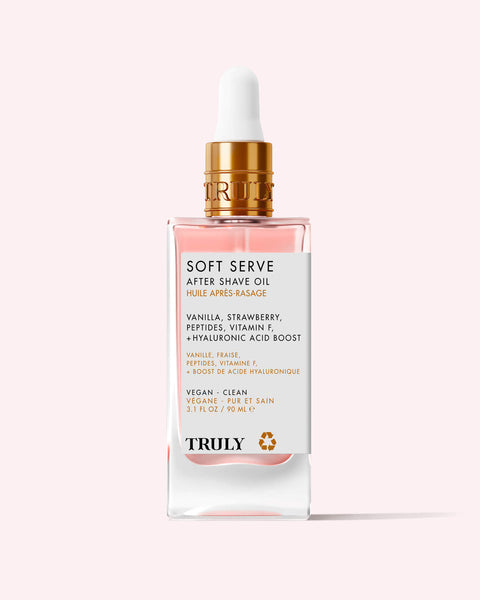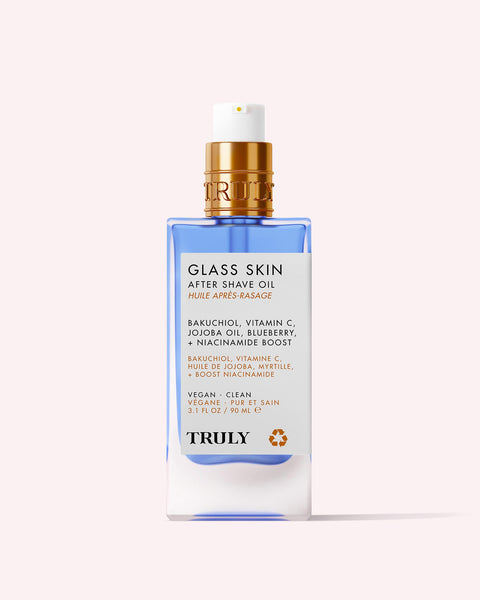I tried “Microdosing” My Skincare Routine
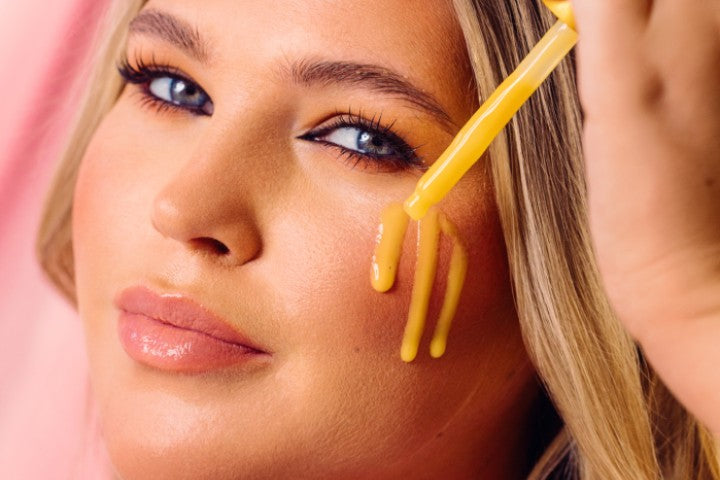
Often, the best things in life come in moderation -- and skincare is one of them.
Rashes, redness, and peeling are some of the most common side effects of using too many skincare products or active ingredients at once. According to dermatologists, overwhelming your skin with too many skincare ingredients can compromise your skin barrier function and lead to a slew of skin concerns ranging from breakouts to dryness to contact dermatitis.
That's where microdosing comes in...
WHAT IS MICRODOSING?
Microdosing might just sound like yet another skincare trend, destined to thrive and diminish in a matter of months. From my personal experience, microdosing has transformed my skincare routine. But what exactly is it?
"Skincare microdosing refers to using lower concentrations of certain active ingredients to help improve tolerability," explains Marisa Garshick, MD, a board-certified dermatologist in New York City.
According to the derms, using products at a lower concentration still gives results while reducing the risk of negative reactions -- particularly for those with sensitive skin or skin conditions like eczema or rosacea.
Ultimately, microdosing is an excellent way to reap the benefits of certain actives like retinol and vitamin C without the unpleasant dryness, tightness, and flaking.
INGREDIENTS YOU SHOULD AND SHOULDN'T MICRODOSING
If you're going to try microdosing for yourself, it's important to distinguish which skincare ingredients can be microdosed and which ones shouldn't.
The best ingredients suitable for microdosing include retinol, vitamin C, retinoids, and exfoliating acids (AHAs and BHAs such as glycolic acid, lactic acid, and salicylic acid). It's easy to overdo it with these potent ingredients.
As for which ingredients should NOT be microdosed: sunscreen is the only exception. You should always wear SPF 30 daily, and apply the right amount in order to give your skin the most protection. For the face, derms recommend applying a nickel-sized dollop.
You may have seen people contouring with sunscreen over on Instagram and TikTok, but believe us when we say this is doing your skin and health zero favors.
BENEFITS OF SKINCARE MICRODOSING
I tried microdosing my beauty routine, and here are the benefits I noted.
#1: A Little Goes a Long Way
Despite what we've been told over and over again, we still believe applying more will give us better (or faster!) results. That's not correct! The truth is, when you're using formulations with retinol, antioxidants, and hydroxy acids, low doses go a long way. In fact, overapplying these ingredients can cause adverse effects such as dryness, itchiness, peeling, and blemishes.
Once I started using less product and lower concentrations, I noticed my sensitive skin no longer reacting the way it once did to my retinol and vitamin C serums. No more redness! No more uncomfortable tightness and dryness! Things were good!
#2: It Works for All Skin Types
Microdosing can be applied to any skin type -- oily skin, dry skin, aging skin. Everyone can benefit! While it's most useful for those prone to hyperpigmentation and sensitivity, all skin types can benefit from lower concentrations as it keeps the skin barrier strong.
When your skin barrier is strong, it shields you from intruders, maintains hydration, and keeps it working its best.
#3: You Can Treat Skincare Concerns
If you're dealing with skin issues like fine lines, wrinkles, breakouts, or pigmentation issues, you can definitely benefit from introducing a few active ingredients into your routine.
Retinol is an all-round gold-tier ingredient that boosts collagen production and stimulates cell turnover to smooth out creases, banish blemishes, fade discoloration, and improve skin tone. Vitamin C offers brightening effects and protects skin cells from UV-induced damage. And exfoliating acids keep skin smooth, clear, and glowing.
Whatever your skin concerns are, there's most likely an active ingredient out there that can treat it.
WHAT'S THE RIGHT DOSAGE?
While you can buy retinol and niacinamide products at a 1 percent or even 3 percent strength over the counter, cosmetic chemist Ginger King says microdosed skincare calls for something much lower.
"Microdosed skin care contains only 0.1 to 0.3 percent, which is actually about the right dosage if you use the pure material," she explains.
SKINCARE PRODUCTS TO MICRODOSE
Here are some of the best beauty products to microdose to enjoy the benefits without the irritation.
Vegan Collagen Bundle
This 4-step anti-aging kit includes a cleanser, serum, mask, and body lotion formulated with actives like retinol, vitamin C, and vegan collagen to plump out fine lines and wrinkles. You can use all of these products daily to maintain youthful, radiant skin. Just make sure you don't over-apply.
CBD Jelly Baby Bundle
If you've got oily or acne-prone skin, you're going to love what this bundle does for your complexion. Featuring a facial cleanser, toner, serum, body cleanser, and body mask, it's the ultimate blemish-clearing routine.
Made with salicylic acid, glycolic acid, retinol, and CBD, these products are designed to clarify, soothe, and smooth skin. Use these products are part of your daily routine to combat face and body acne. It may just be the new skincare routine you need.
Blueberry Kush Bundle
Microdosing isn't just for your face, you know! You can also apply the method to your body care routine. Like this skin-illuminating Blueberry Kush Bundle. It features everything you need to get glowing skin from head to to toe: face oil, body scrub, body cream, and body oil.
These formulas rely on ingredients like blueberry, vegan collagen, and an AHA/BHA blend to moisturize, calm, and illuminate the complexion.
Microdosing is definitely something you should try if you want clearer, smoother, brighter skin minus side effects such as redness, flaking, and irritation.
Especially when it comes to trying new products, it's important to allow your skin to adjust. It's also a good idea to use formulas made with low concentrations of active ingredients to get the most benefits without any undesirable effects.
If you suspect you have an underlying skin condition like eczema, visit your dermatologist before trying a new skincare routine.
